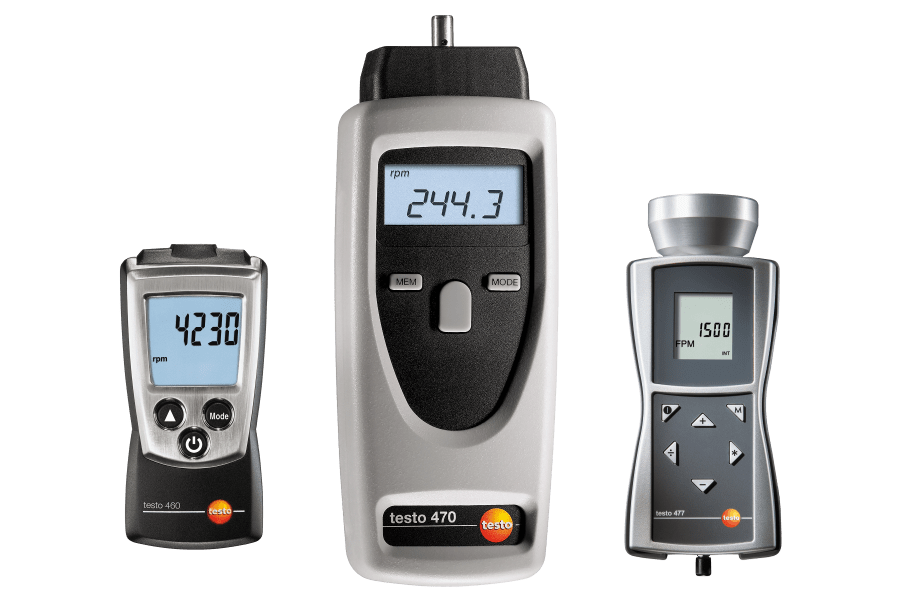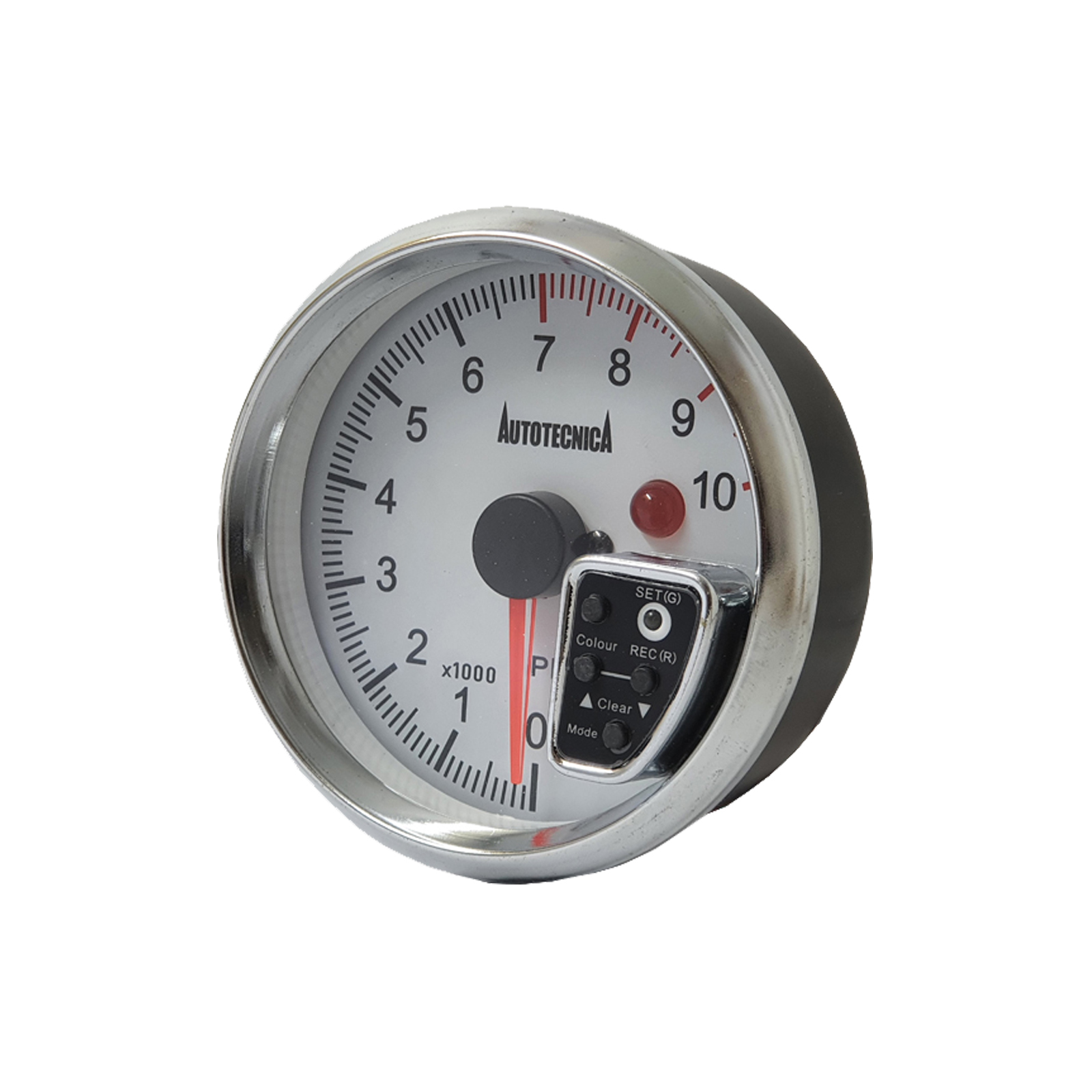Unlocking the Secrets of Tachometers: Everything You Need to Know About This Essential Tool in Your Automobile
Comprehending the complexities of tachometers can offer valuable understandings right into your car's performance and upkeep needs. From determining engine speed to deciphering the information it provides, tachometers serve as an essential device for automobile owners and enthusiasts alike. By untangling the secrets behind this important tool, you can unlock a wealth of details that can improve your driving experience and ensure the long life of your car.
Importance of Tachometers
The relevance of tachometers lies in their capacity to offer crucial real-time information about an engine's rotational rate, enabling for specific tracking and upkeep of machinery. By gauging the transformations per min (RPM) of an engine's crankshaft, tachometers provide beneficial insights right into the engine's performance - tachometer. This information is important for making certain that the engine operates within its ideal array, avoiding possible damage from over-revving or underperforming
Tachometers play a crucial duty in helping drivers and technicians discover any kind of anomalies in the engine's rate, which can indicate problems such as gas inefficiency, mechanical issues, or too much strain on the engine. By quickly recognizing these issues through tachometer readings, maintenance can be executed proactively, preventing expensive fixings and downtime in the long run.
Additionally, tachometers are specifically crucial in high-performance cars and equipment, where specific control over engine rate is necessary for optimal operation. Racing cars and trucks, airplane, and commercial tools depend on tachometers to deliver peak performance while maintaining security requirements. In significance, tachometers are not simply tools for determining rate however vital devices for making certain the smooth and reliable procedure of engines throughout numerous applications.
Just How Tachometers Action Engine Rate
Utilizing sensing units that discover the frequency of electric pulses produced by the engine's ignition system, tachometers accurately gauge the rotational speed of an engine. By monitoring the price at which these pulses are received, tachometers give real-time comments on how quickly the engine's crankshaft is rotating per min, typically described as transformations per minute (RPM)
The tachometer's sensing unit, frequently attached to the engine's ignition coil or stimulate plug cords, grabs the electric signals created each time a cyndrical tube fires. These signals are then exchanged RPM analyses displayed on the scale or tool cluster within the motorist's view. Tachometers can be analog or digital, with modern cars commonly featuring electronic screens for exact and immediate RPM readings.
This details is essential for vehicle drivers to understand the engine's efficiency, prevent over-revving, enhance equipment shifting, and guarantee reliable fuel consumption. By precisely gauging engine speed, tachometers play a crucial duty in helping chauffeurs operate their cars securely and successfully.
Interpreting Tachometer Readings
Having a clear understanding of just how tachometers measure engine speed sets the structure for properly interpreting the RPM readings showed. Translating tachometer analyses is critical for optimal car performance and engine health and wellness. RPM (Changes Per Min) analyses on the tachometer show the rate at which the engine's crankshaft is rotating. When the engine is idling, the tachometer needle generally rests around 600-1000 RPM, depending upon the automobile. As you speed up, the RPM will certainly boost, mirroring the engine's greater rotational rate. When changing equipments in a hand-operated transmission lorry, the RPM will certainly go down as you involve the clutch and modification gears, then increase again as you accelerate in the new gear. Monitoring the tachometer can help you determine the most reliable changing factors to maximize gas economic situation and engine power. In addition, irregular changes or constantly high RPM readings could indicate possible problems with the engine that may require specialist focus. By paying interest to the tachometer readings and understanding just how to analyze them, you can ensure your vehicle runs efficiently and effectively.


Tips for Utilizing Tachometers Effectively
To boost driving efficiency and maximize engine performance, what trick techniques can be applied for successfully utilizing tachometers? Tachometers are critical tools that offer real-time feedback on see here now engine rate, enabling motorists to make informed decisions for far better performance - tachometer. Right here are some tips for utilizing tachometers properly:
Understanding Ideal RPM Variety: Acquaint on your own with the optimal RPM (Revolutions Per Minute) variety for your automobile. Maintaining the engine within this array can boost fuel efficiency and extend the engine's lifespan.
Shifting Gears at the Right Time: Use the tachometer to determine the best time to shift equipments. Purpose to change equipments when the RPM gets to the ideal variety for the next gear.
Monitoring Engine Stress: High RPMs for prolonged durations can stress the engine. Maintain an eye on the tachometer to avoid over-revving, especially during velocity or when lugging heavy lots.
Tachometers and Vehicle Maintenance
When taking into consideration car upkeep, tachometers play an important role in keeping an eye on engine performance and finding potential concerns. Tachometers provide crucial data on engine rate, allowing chauffeurs and technicians to guarantee that the engine is running within the recommended RPM variety.
Along more with discovering possible issues, tachometers can likewise assist in optimizing fuel performance. By keeping the right here engine speed within the optimum array, chauffeurs can enhance their gas mileage and reduce fuel usage. This not just profits the driver's budget yet also contributes to environmental preservation by decreasing hazardous discharges.
Verdict
